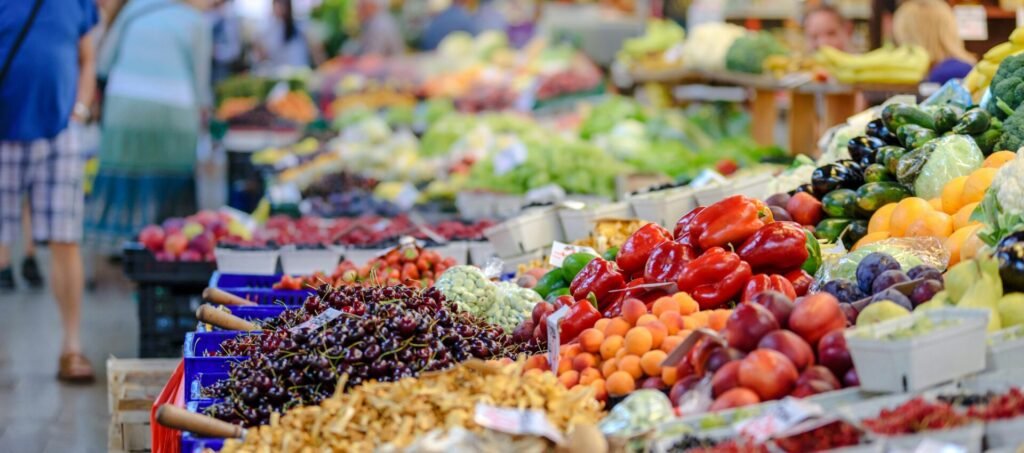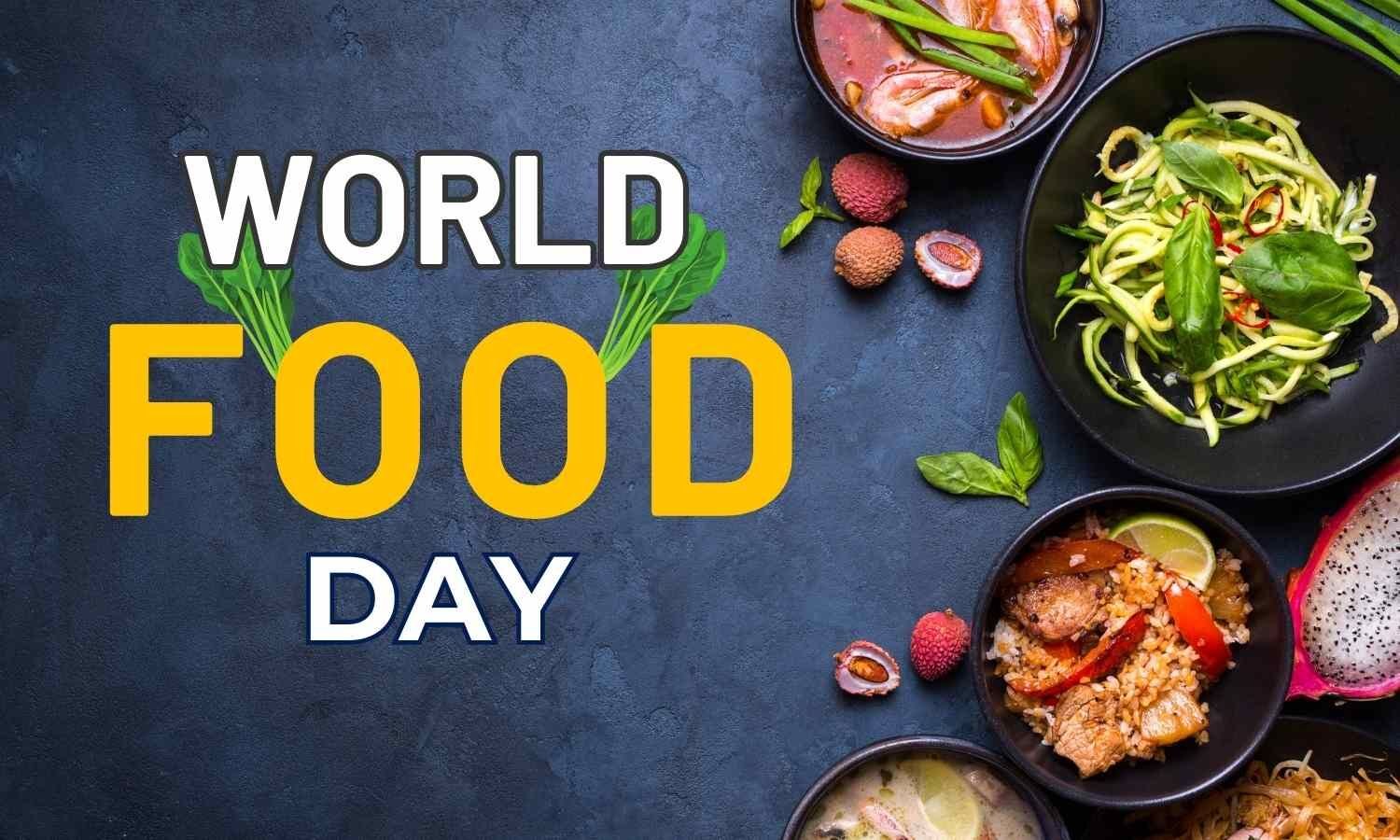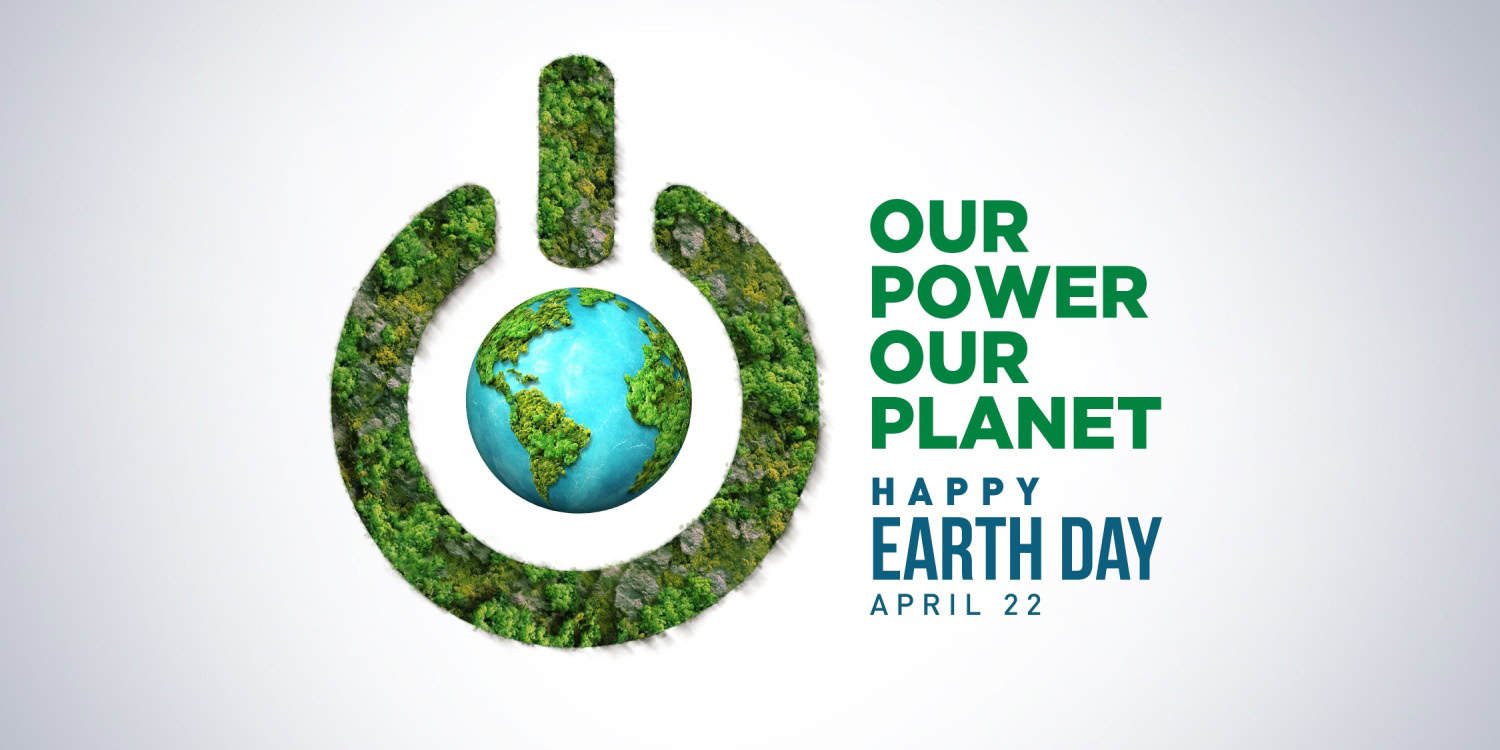World Food Day, celebrated annually on October 16, is a global observance dedicated to raising awareness and promoting action to ensure that everyone has access to safe, nutritious, and affordable food. The theme for World Food Day 2024, “Right to Food for a Better Life and a Better Future,” underscores the fundamental importance of food security in achieving sustainable development and human well-being.
Understanding the Right to Food
The right to food is a basic human right enshrined in the Universal Declaration of Human Rights. It is the right of every person to have access to sufficient, safe, and nutritious food to meet their dietary needs and avoid hunger. This right is not merely a moral imperative but is essential for the realization of other human rights, such as the right to life, health, and adequate standard of living.

The Global Food Crisis
As we mark World Food Day 2024, we need to throw light on the fact that despite significant advancements in agriculture and food production, the world continues to face a persistent food crisis. Hunger, malnutrition, and food insecurity remain pressing challenges in many regions, particularly in developing countries. Factors contributing to this crisis include:
- Poverty and Inequality: Poverty and income inequality limit access to food, as people with low incomes struggle to afford nutritious food.
- Conflict and Displacement: Conflicts and natural disasters can disrupt food production and distribution systems, leading to food shortages and displacement of populations.
- Climate Change: Climate change is altering weather patterns, affecting crop yields, and increasing the frequency and intensity of extreme weather events, such as droughts and floods.
- Inefficient Food Systems: Inefficient food systems, characterized by food waste, loss, and unsustainable practices, contribute to food scarcity and environmental degradation.

The Impact of Hunger and Malnutrition
Hunger and malnutrition have severe consequences for individuals and societies. They can lead to:
- Physical and mental health problems: Malnutrition can impair growth, development, and cognitive function, especially in children.
- Increased vulnerability to diseases: Malnourished individuals are more susceptible to infections and other health conditions.
- Reduced productivity: Hunger and malnutrition can reduce labor productivity and economic growth.
- Social and political instability: Food insecurity can contribute to social unrest and political instability.

Addressing the Right to Food
This World Food Day 2024, we must address the right to food. This requires a multifaceted approach that involves:
- Sustainable food production: Promoting sustainable agriculture practices that can increase food production while protecting the environment and natural resources.
- Improved food distribution: Enhancing food distribution systems to ensure that food reaches those in need, especially in remote and conflict-affected areas.
- Social protection programs: Implementing social safety nets and targeted programs to provide food assistance to vulnerable populations.
- Empowerment of small-scale farmers: Supporting small-scale farmers through access to markets, credit, and training to improve their livelihoods and food security.
- Climate change adaptation: Investing in climate-resilient agriculture practices to help farmers adapt to the changing climate.
- Reducing food waste and loss: Implementing measures to reduce food waste and loss throughout the food supply chain.

The Role of Governments and International Organizations
Governments and international organizations play a crucial role in promoting the right to food. They can:
- Develop and implement policies: Governments can develop and implement policies that support food security and nutrition.
- Provide financial assistance: International organizations can provide financial assistance to countries facing food crises.
- Coordinate global efforts: Governments and international organizations can coordinate global efforts to address food insecurity and malnutrition.
Conclusion
World Food Day 2024 serves as a reminder that the right to food is fundamental to human dignity and well-being. It’s a call to action for all of us to work together towards a world where everyone has access to nutritious, sustainable, and culturally appropriate food.
As individuals, we can start by being more mindful of our food choices, reducing waste, and supporting local food systems. We can also raise awareness about food security issues and advocate for policies that promote the right to food.
Remember, every action counts. By working together, we can create a better life and a better future where the right to food is a reality for all. Let’s use World Food Day 2024 as a springboard for ongoing efforts to build a world free from hunger and malnutrition.
















Ezippi I truly appreciate your technique of writing a blog. I added it to my bookmark site list and will
YouJizz You’re outstanding! I don’t think I’ve read anything like this before. It’s fantastic to find someone with new ideas on this subject. Really, thank you for starting this up. This website brings much-needed originality to the internet!